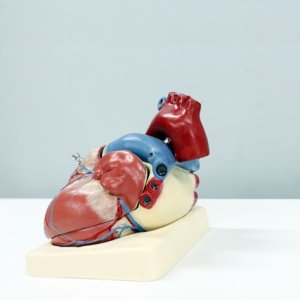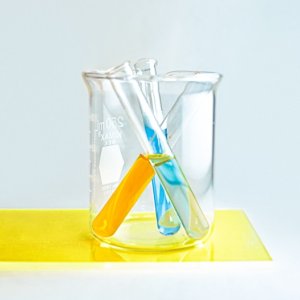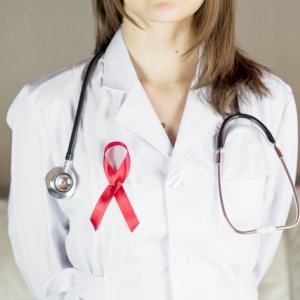
Stem Cell Therapies: Promises, Challenges
 By Miriam Bello | Senior Journalist and Industry Analyst -
Mon, 07/05/2021 - 19:05
By Miriam Bello | Senior Journalist and Industry Analyst -
Mon, 07/05/2021 - 19:05
Stem cell therapies are an attractive research field that could help to cure many serious diseases. However, these treatments have a long way to go in terms of research and regulations.
Stem cells, called the “body’s raw materials” for being the cells from which all others are generated, can have been used to support and advance research on multiple diseases. Their regenerative ability gives them the potential to repair, restore replace, and regenerate cells, and could possibly be used to treat many medical conditions and diseases. They are also an attractive field thanks to their ability to regenerate healthy cells and have found application in the testing of new drugs for safety and effectiveness.
Stem cells are an attractive candidate for the development of many therapies, from orthopedic conditions to autoimmune diseases. Some studies have analyzed the potential of stem cell therapy in the treatment of Crohn’s Disease, Multiple Sclerosis, Lupus, chronic pulmonary disease (COPD) and Parkinson’s, among many others.
Despite their potential, many countries and individual medical facilities do not support stem cell therapies. Moreover, the novel aspect of stem cell therapy, and the serious diseases involved, has made them an attractive target for unscrupulous individuals. The FDA warns that very few stem cell treatments have been proven safe and effective. Ricardo Rangel, CEO of Exomelab, told MBN that the Mexican market of stem cells is plagued by charlatanism. Rangel, explains that introducing a level three development in this field requires a long and complex process to ensure that the product is 100 percent safe.
A Developing Potential
Exomelab performs research on stem cell regeneration, through which Rangel noticed a great opportunity for mesenchymal stem cells to regenerate damaged tissue in patients suffering from diabetic foot, “allowing a process of revascularization, meaning the creation of new blood vessels and arteries.” Mexico is one of the few countries that has approved stem cell transplant, unlike the US, where this practice is still in clinical trials.
Stem cells could also support efforts to relieve the impact of the COVID-19 pandemic. Juan Carlos López, Co-Founder of GIINT, told MBN that COVID-19 causes a cytokine storm secreted by the body’s immunological system. As the body tries to defend itself, it deploys a great number of anti-inflammatory elements. COVID-19 patients are not killed by the virus itself but by their immunological response. If the patient does not have a severe response, immunologically speaking, they can recover faster. “Due to their anti-inflammatory properties, mesenchymal stem cells (MSCs) prevent greater inflammation caused by the immunological response,” said López. “Once MSCs are in the vein, they travel through the arteries and pulmonary alveolus where they encounter and fight the immunological cells. Once dead, MSCs have an anti-inflammatory effect.” Despite of this potential, COFEPRIS has said that further studies are needed to approve this type of treatments.
















